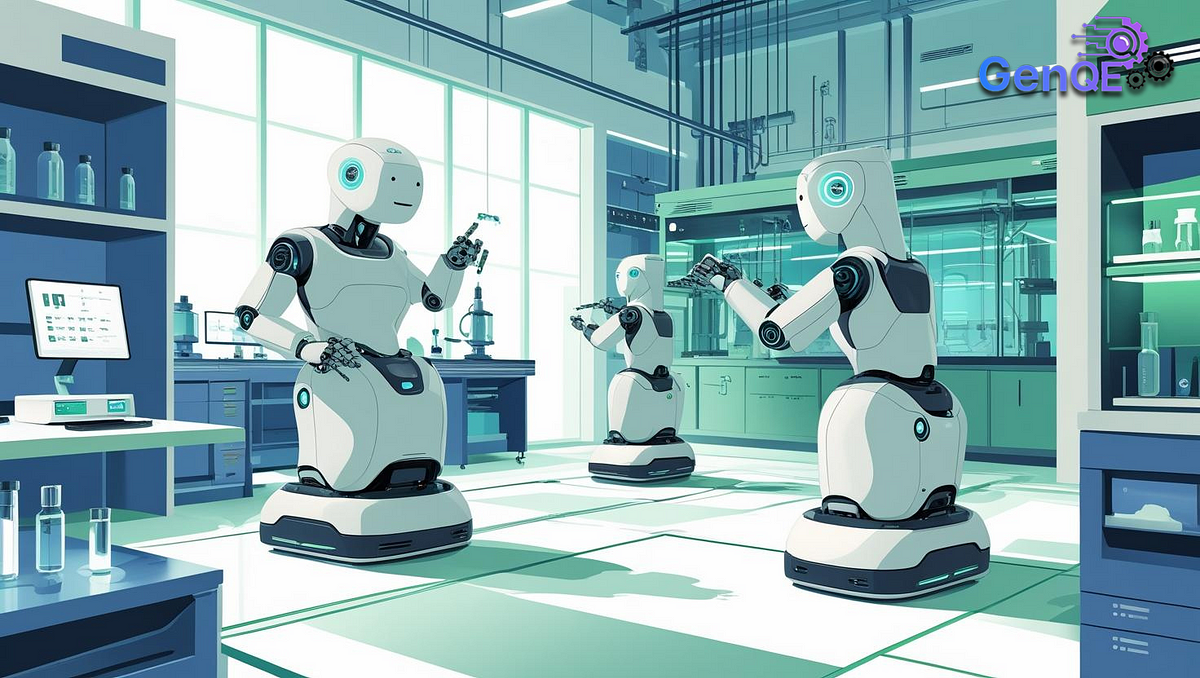Medium
2w
239

Image Credit: Medium
Beyond Automation: The Rise of Autonomous Testing in 2025
- Autonomous testing utilizes AI and machine learning for real-time testing decisions, surpassing conventional automation.
- It minimizes human intervention by adapting to application changes, auto-generating test cases, and prioritizing tests based on risk assessments.
- The system analyzes application flows, code changes, and user behavior to maintain evolving test coverage alongside applications.
- It addresses challenges posed by complex architectures, frequent deployments, multi-device support, and rapid UI changes.
- Key capabilities include AI-driven test case generation, self-healing functionality, risk-based testing intelligence, and continuous learning.
- Leading platforms like Testim, Functionize, ACCELQ, Mabl, Applitools, and TestSigma offer diverse autonomous testing solutions.
- Integration with DevOps pipelines enhances full-lifecycle quality assurance within continuous integration and deployment workflows.
- Strategic integration with existing QA practices optimizes effectiveness by combining autonomous testing with traditional automation.
- Limitations include the need for high-quality historical data, human supervision during initial implementation, and challenges with dynamic UI logic.
- Autonomous testing does not replace human creativity but complements it, evolving into an essential component of modern software development.
- With potential time savings and coverage improvements outweighing setup costs, autonomous testing is becoming integral for complex technological environments.
Read Full Article
14 Likes
For uninterrupted reading, download the app